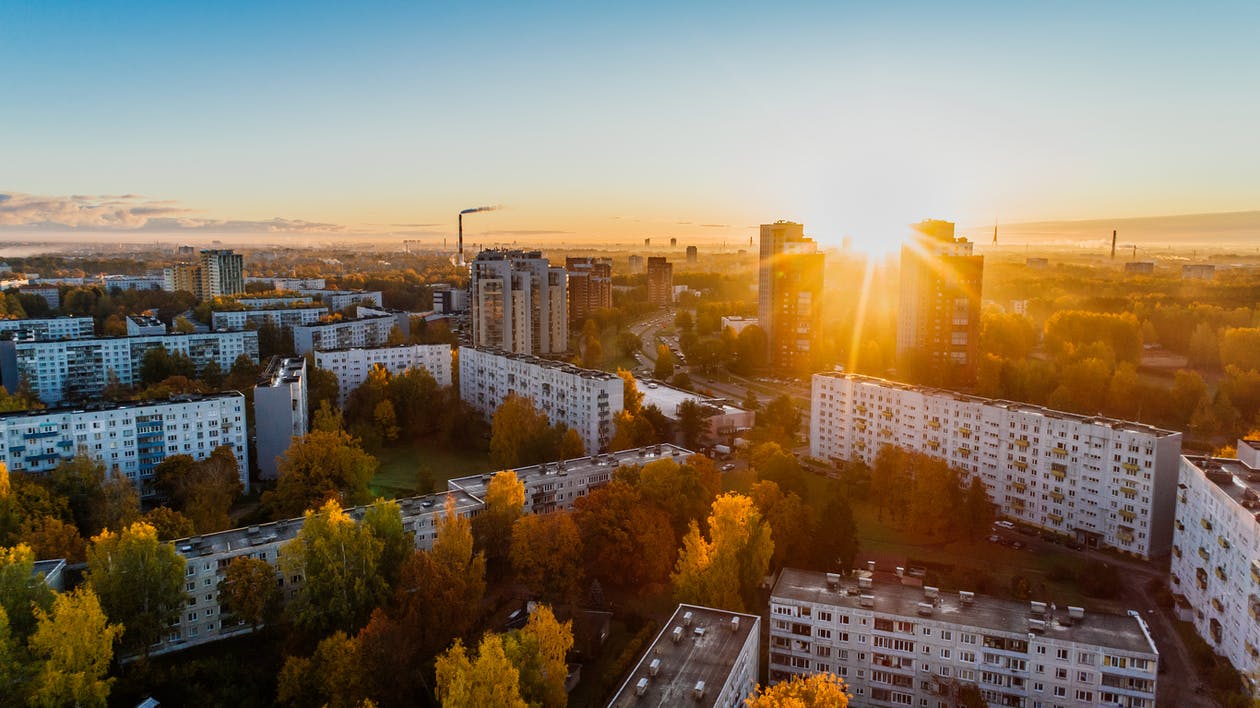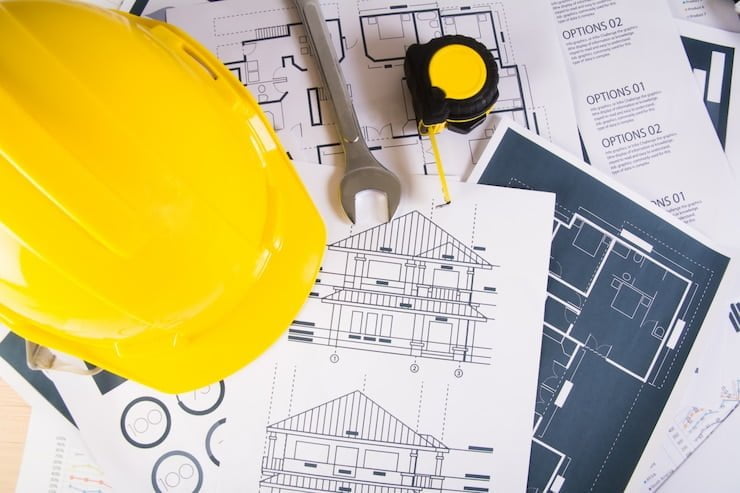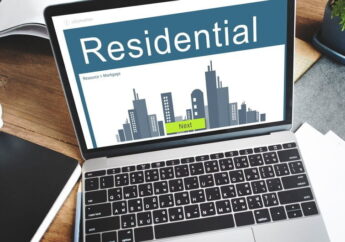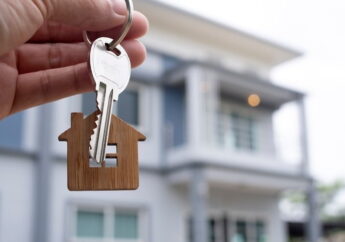All About Real Estate Development
by Sumona Real Estate 14 September 2022

Real estate investors do sometimes purchase turnkey homes, but more often they create homes.
The possibility for greater operational earnings while an owner and more significant financial gains when buying and selling make real estate development appealing.
Although dangerous, it may be beneficial if you succeed. To achieve their anticipated ROI, many of these investors partner with real estate development firms.
Real Estate Development: What is it?
Adding value to real estate involves making noticeable modifications to the property.
Building new buildings, making changes to existing ones, or otherwise enhancing any piece of real estate to raise its value are all examples of real estate development. Land and any temporary or permanent buildings on it are considered real estate.
What Conditions Must Be Met to Become a Developer?

While the steps to becoming a developer differ from state to state, the essential requirements are the same.
1. Education
You will have to wear numerous hats as a real estate developer, so having a diverse knowledge and experience base is essential. Although you don’t often require a specialized degree or professional certification to work as a developer in a real estate software company, having a degree in a similar discipline will be very helpful to you.
These include, but are not limited to, degrees in business real estate, finance, urban planning, finance, and civil engineering. A master’s degree in real estate development is offered by several universities, including The University of Southern California, which may help you get started.
2. Professional Background
Your “on the ground” experience in the field is just as crucial—if not more so—than your official education. Being a developer will be easier if you have experience working in the real estate industry as an agent, broker, analyst, etc., but other professions are also valuable. Careers in sales, building, finance, and a variety of other fields that are tied to development may all be applicable.
Many graduates are now working as commercial real estate brokers, where they are learning the ins and outs of dynamics on both the buyer and seller sides. They then transition to helping sponsors raise finance or equity for projects.
This could be among the greatest methods to learn about real estate development since, to do it successfully, you need to know contracts and proformas like the back of your hand. Together, these two make up the foundation of any development company.
3. Connection
Your developer ability will significantly impact your social capital, often known as your personal and professional relationships. Simply said, you will be more productive in a market the more individuals you know and have positive connections with.
Those who can make your process more successful and efficient include brokers who can help you identify deals, title agents who can guide you through transactions, lawyers who can aid with development-related legal issues, and anybody else.
How Can I Start Developing Real Estate?

The procedure for beginning real estate development is quite simple:
1. Learn Some Basic Information
Without knowing the fundamentals of the market, you shouldn’t engage in any form of investing. Before attempting to invest in real estate, get as knowledgeable as you can about its ins and outs.
Although obtaining a real estate license is quick and easy, a degree is not required for a complete study of the subject. You undoubtedly already grasp the basics if you’ve ever worked in real estate.
2. Create a Team
Unless you want to handle everything alone, assemble a team of capable individuals. Other developers, legal counsel, architects, engineers, finishers, day laborers, and other professionals make up a reliable team.
Some teams may be formed as you go, or you can begin by collaborating with an experienced developer.
3. Locate a Project or Property
Find a project that fits your investment requirements and is appropriate for the skills of your team. To get started, you may either look for your property or join an ongoing project to get additional expertise.
4. Set Up Financing
Although you don’t have to pay for the property yourself, you will need funds to buy it so that you can start developing it. Working with investors expands your options for commercial properties, but you’ll probably need a seasoned partner to win over investors.
Bottom Line
Knowing what you’re doing is the first step if you’re new to real estate development. The pre-development analysis and your post-development alternatives are only a few of the stages of the process that you may learn more about. Learning more about your possible investment area in advance of a project has no negative effects.
Additionals:







































































































